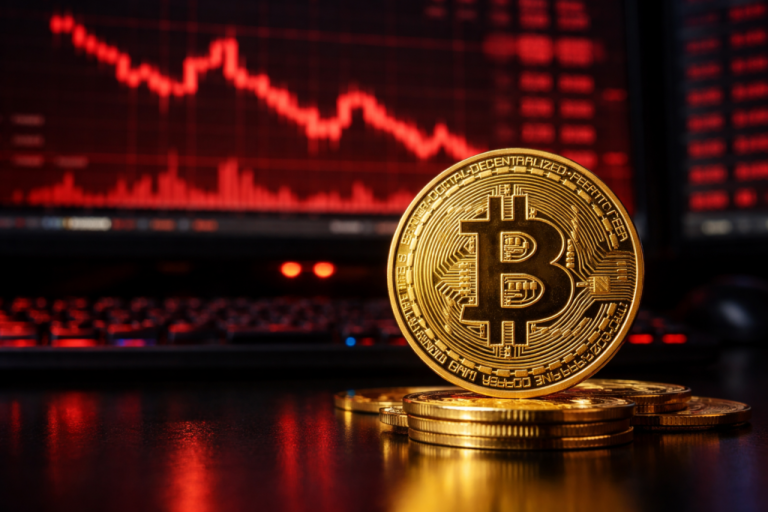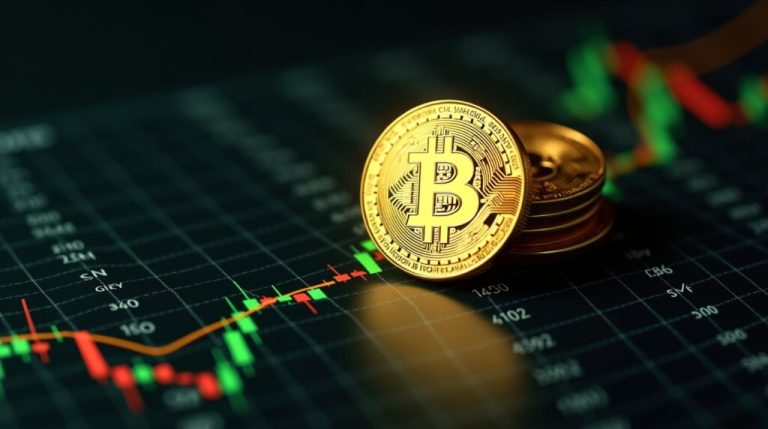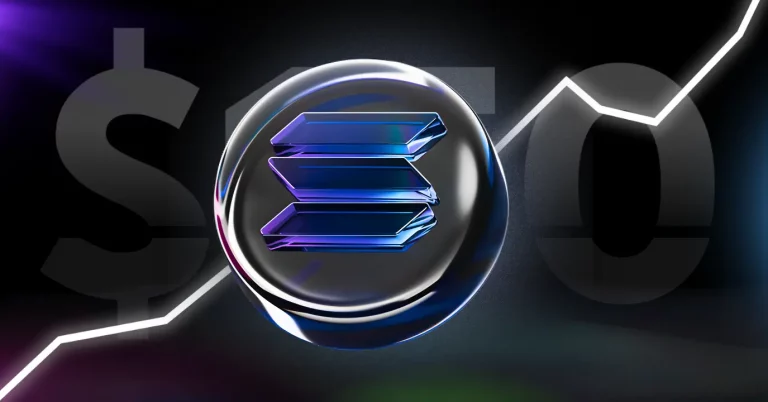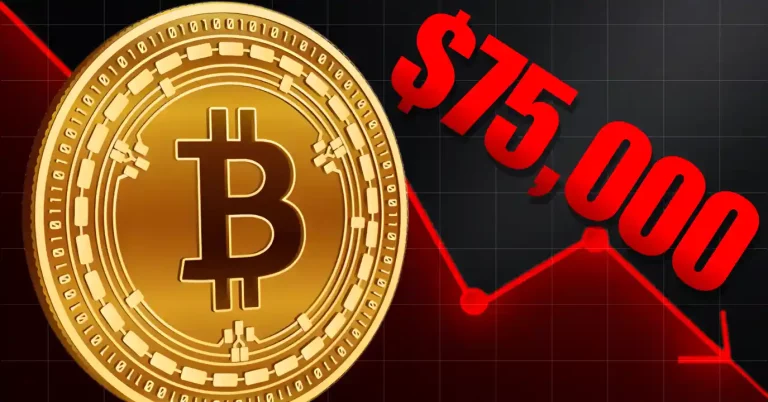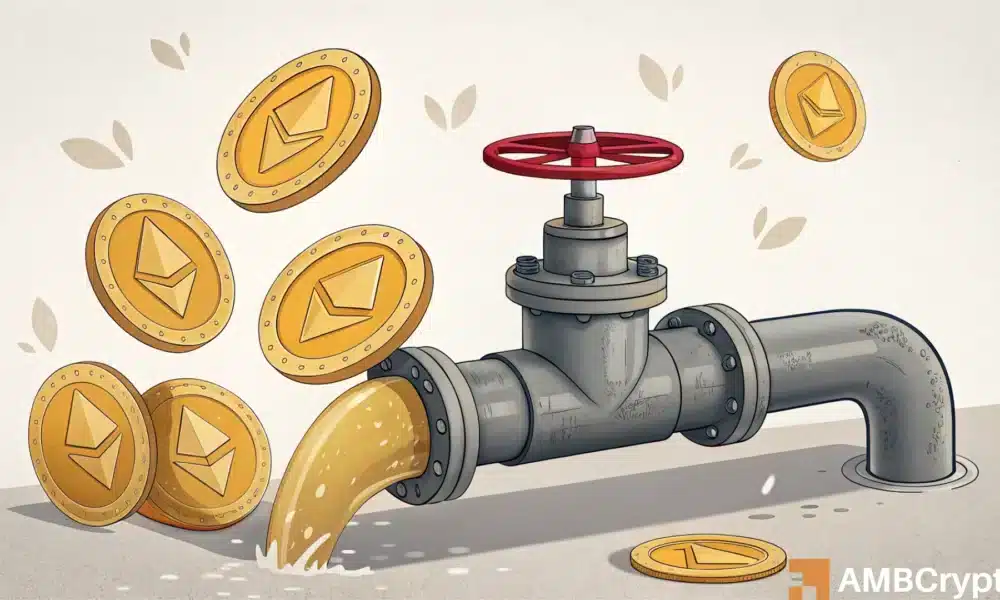
Ethereum Gas Fees Surge Amid WLFI Launch
Ethereum gas fees soared dramatically following the launch of World Liberty Financial (WLFI), bringing back memories of Ethereum’s costly congestion during previous high-profile events. With transaction costs hitting triple digits, this spike exposed the network’s ongoing scalability issues. As Ethereum struggles, Solana gains momentum as a low-cost, efficient alternative.
The WLFI Impact on Ethereum
On the launch day of WLFI, Ethereum’s [ETH] gas prices skyrocketed to over 100 Gwei, with some decentralized exchange (DEX) swaps peaking at $145. Transactions—even basic ones—cost more than $10, marking the highest fees seen since 2021. According to Etherscan, the WLFI contract significantly taxed Ethereum’s resources, recording 1.58 million daily transactions and over 550,000 active wallets in just 24 hours.
This surge highlights Ethereum’s network’s vulnerability during extreme traffic spikes, despite its 77% Q3 growth this year. Compare this with Bitcoin, which reflected stability and growth, closing at +0.92% during the same period. The contrasting performance placed Ethereum’s scalability issues under a microscope and reignited the debate around its structural shortcomings.
Solana’s Competitive Edge
While Ethereum grappled with congestion, Solana [SOL] offered a stark contrast. Its transaction fees remained a mere $0.004 on average, underscoring its ability to handle high volumes without spiraling costs. According to DeFiLlama, Solana managed $3.623 billion in daily volume, trailing Ethereum by only 5.5%.
This gap highlights Solana’s growing competitiveness in the decentralized finance (DeFi) space. Its low fees and fast transaction times position it as a strong contender for projects and users seeking cost efficiency—an increasingly critical factor in today’s crypto market.
Structural Challenges for Ethereum
Ethereum has been a central player in the cryptocurrency industry, primarily due to its broad adoption for smart contracts and DApps. However, high gas fees often discourage user participation, particularly during high-profile events like the WLFI launch. While Ethereum continues to lead in overall transaction volume, such periods of congestion present opportunities for competitors like Solana to make up ground.
The Road Ahead: Ethereum vs. Solana
The ongoing structural issues faced by Ethereum underscore the necessity for solutions such as Ethereum 2.0 that promise scalability improvements. Until then, networks like Solana, with their low-cost infrastructure, may continue to attract developers and investors alike, making them formidable competitors in the blockchain ecosystem.
Optimize Your Ethereum Transactions with MetaMask
For Ethereum users dealing with these high gas fees, tools like MetaMask can help track, optimize, and manage your transaction costs effectively. Check out MetaMask’s features to stay ahead in the crypto world.
